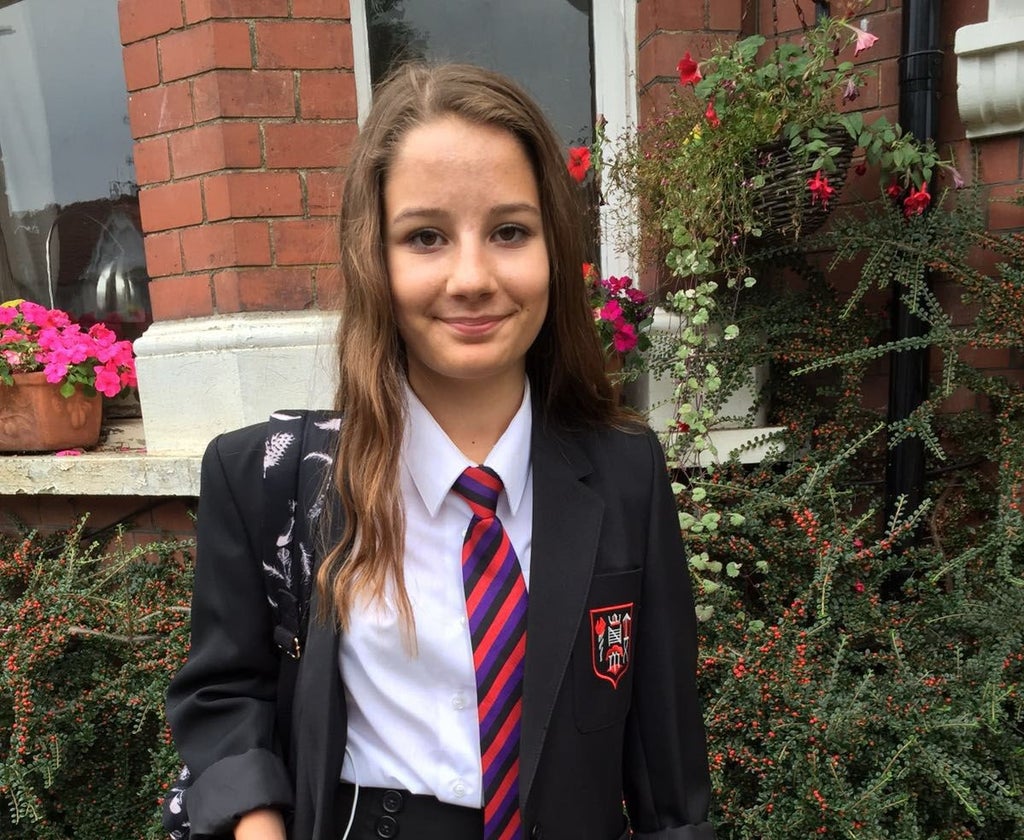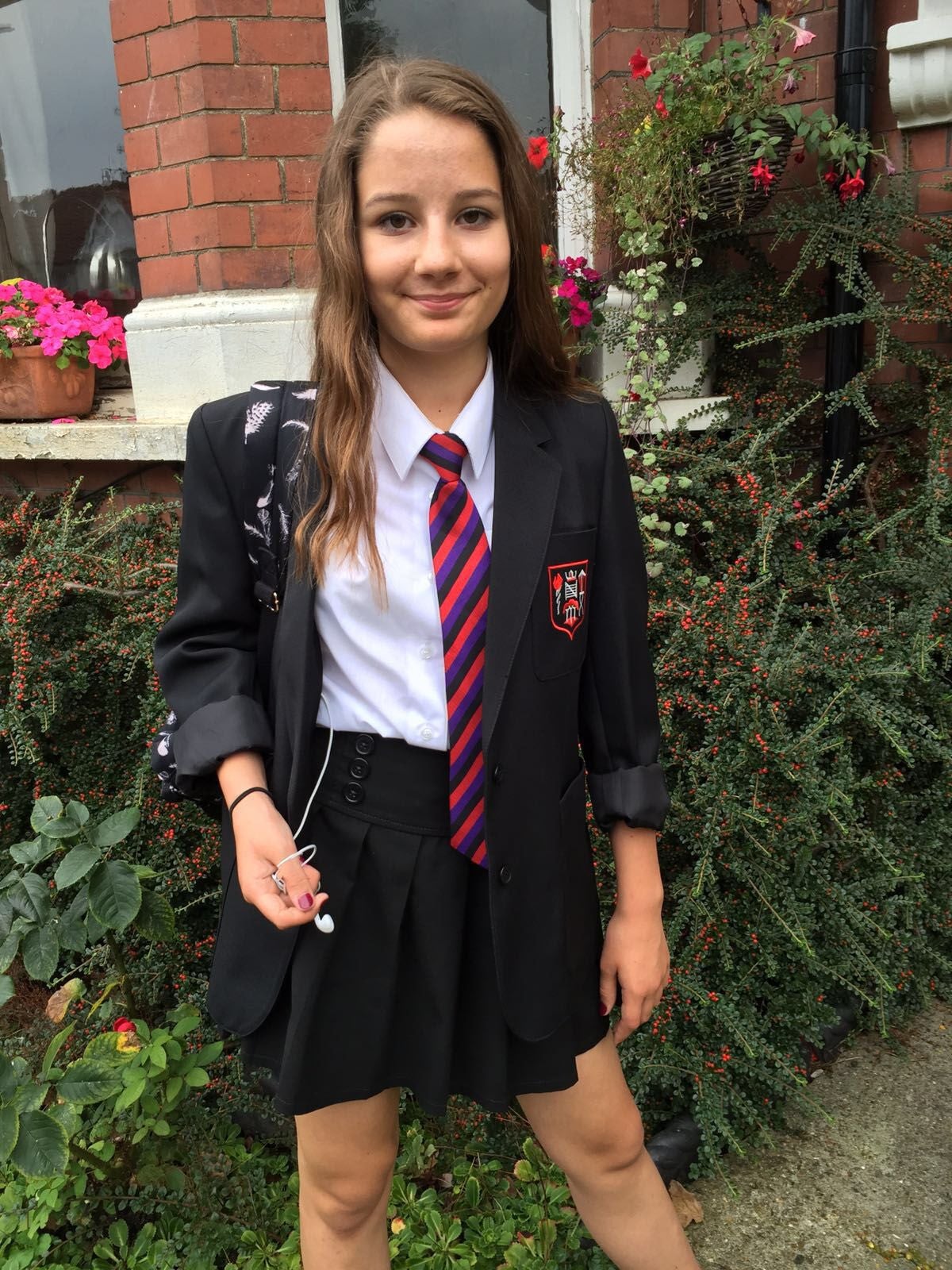
The father of a teenager, who died by suicide after viewing graphic self-harm images online, has criticised Facebook's "shameful" decision to submit thousands of pages of evidence just days before her inquest had been due to take place.
Ian Russell, father of Molly Russell, said his family had been forced to delay the inquest into the teenager's death to look through "50 lever arch files worth" of information.
Molly, 14, from Harrow in northwest London, viewed an extensive volume of material, including some linked to anxiety, depression, self-harm and suicide, before ending her life in November 2017.
Her inquest will look at how algorithms used by social media giants to keep people hooked may have contributed to her death. It was scheduled to take place in April but has now been delayed until September at the earlier.
In an interview with Times Radio, Mr Russell said it was positive that Meta - which was formerly known as Facebook and which now owns Instagram - had released the information "because so often they don't supply data at all."

But he questioned why it had taken the company so long to provide what the coroner had asked for some two years ago.
When asked if he thought that Meta had engaged with the inquest process at great speed, as the tech giant claimed, Mr Russell said: "Not particularly. They've had two years since the coroner issued the request [for the data] they had on Molly. Only yesterday did they supply that.

"But it's shameful that, about two years after asking for the data, only yesterday - 12 working days before the inquest was listed in early April - did they supply the sort of data that we'd been asking for,” he added.
"The only consequence of that is having to delay the inquest.”
At the latest pre-inquest review in Barnet on Wednesday, Oliver Sanders QC, representing Molly’s family, said they needed more time to reflect on the new material provided by Meta, the parent company of Instagram and Facebook.

Mr Sanders said: “In my view, frustratingly and regrettably, we are not in a position where the hearing in 12 working days’ time is going to be viable.”
He added: “I want to place on record the immense frustration and disappointment of the family that we are conducting this process now rather than two years ago.”
Caoilfhionn Gallagher QC, for Meta, said the material, if printed out, would amount to more than 36,000 pages and fill 50 lever-arch files.

She dismissed Mr Sanders’ remarks, saying: “Meta has sought to engage throughout this process”.
Ms Gallagher said there were data protection issues to navigate before handing over information, particularly involving social media accounts belonging to children with whom Molly may have engaged before she died.
She described the task of trawling through the material as “laborious”, adding: “It is quite wrong to suggest Meta failed to provide the data.”

Elizabeth Lagone, head of health and well-being policy at Meta, will likely be called to give evidence via video link from the US, the hearing was told.
The court last year heard that Molly had tweeted or retweeted 460 times on Twitter. She also liked 4,100 tweets, was following 116 accounts and had 42 followers.
She was a much more active user of Pinterest, with more than 15,000 engagements, including 3,000 saves, in the last six months of her life.
Molly did not have a Facebook profile.
But in the last six months of her life, she was engaging with Instagram posts around 130 times a day on average.
The inquest is likely to open in September and last for up to two weeks.







